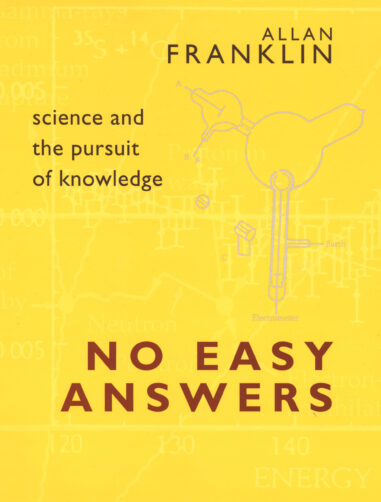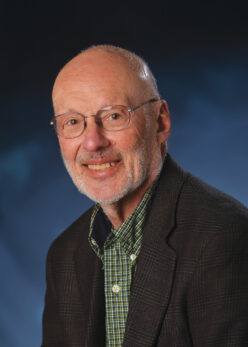
Paperback $55.00
Also available in Kindle
Request Exam or Desk Copy. Request Review Copy
No Easy Answers
Science and the Pursuit of Knowledge
Readers not familiar with the literature will learn through Franklin's book a great deal about the history of the electron, the neutrino, the magnetic monopole, and much else. [He] wisely selects his case studies to illuminate the influence that experiments have had in science . . . physicists will find in it a useful epitome of Franklin's past contributions and will be reassured of the legitimacy of their rationalist conception of science.

